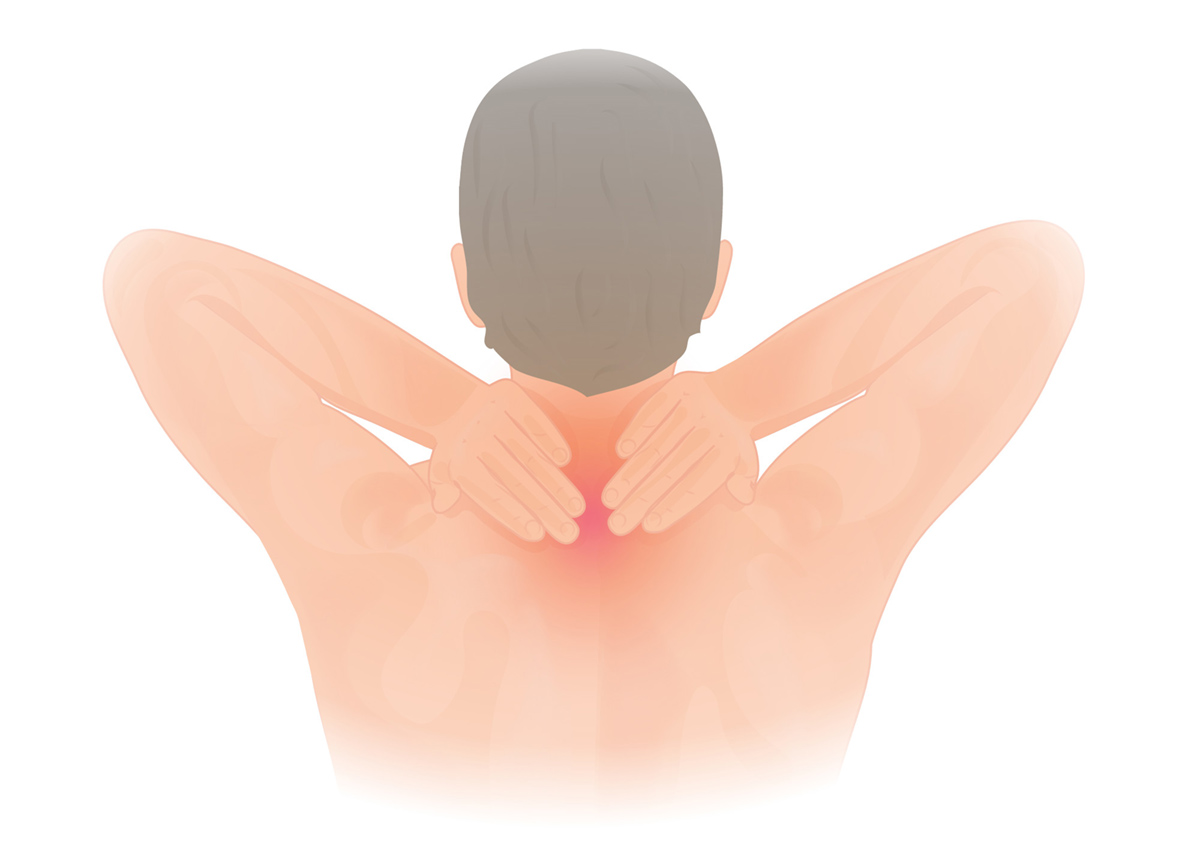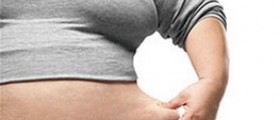
What is Dysport and when to use it?
Dysport is a brand name for the medicine abobotulinumtoxinA, which is used in several purposes. One of the most common ones is the pain in the neck, which is a result of cervical dystonia, very serious muscle spasms of this part of the body. Another use is in the treatment of the abnormal position of the head, while it is also used in cosmetic purposes, in order to straighten the wrinkles in the area between the eyebrows. The reason for this lies in the fact that this medicine contains protein which is extracted from the bacterium, and it works by affecting the nervous system and relaxing the muscles. Whichever the purpose of the use of this medicine may be it should always be prescribed by the doctor and in case it needs to be injected the administration should be done by the professional as well.
Who should not use Dysport?
However, what should be noticed is that Dysport is definitely not intended for everybody. Even though it proved to be very helpful in the treatment of certain conditions, there are patients who should not even consider its use. Luckily, the doctor is always the one who makes this kind of the decision, which is why it is important to inform him about any allergic reaction that the patient may have even the allergy that is not related to medicines. Dysport is not recommended in the treatment of pregnant and nursing women, but it should not be used in the treatment of people who suffer from certain nerve or muscle disorders, Lou Gehrig’s disease, certain skin problems, asthma, or dysphagia, either. The doctor should bear in mind that interactions are possible when combining this medicine with some others and children or older people are a bit more likely to develop certain side effects.
Side effects of Dysport
When it comes to the side effects of this medicine, there certainly are some which are possible, but generally, unwanted symptoms and reactions to Dysport are very rarely experienced. The most frequent are pain in the bones or muscles, changes in the voice, sore throat and problems with swallowing, though in some cases, certain skin problems such as blistering, crusting, itching or swelling may appear, while cough, diarrhea, fever, headache, appetite loss and nausea are also possible. Problems with breathing such as shortness of breath, and tightness in the chest should be reported to the doctor as soon as noticed.

















Your thoughts on this
Loading...